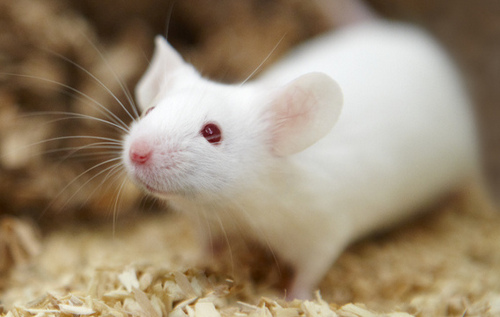
Dopamine signaling in the kidneys plays a critical role in blood pressure regulation and is responsible for nearly half of the salt and water excretion that occurs in response to increased dietary salt intake. Notably, genetic deletion of any of the 5 dopamine receptors expressed in the kidney causes hypertension in mice.
Additionally, genetic polymorphisms in specific dopamine receptor subtypes are associated with susceptibility to kidney injury in humans. In this issue of JCI Insight, Prasad Konkalmatt and colleagues at George Washington University and the University of Maryland Medical School demonstrate that expression of the D2 dopamine receptor (DRD2) protects mice against kidney injury and hypertension. Konkalmatt and colleagues found that kidney-specific deletion of DRD2 increased expression of inflammatory and profibrotic factors and elevated blood pressure in mice. Moreover, these effects were exacerbated in a mouse model of kidney ischemia/reperfusion injury. Restoration of DRD2 expression decreased the expression of inflammatory and profibrotic factors, normalized blood pressure, and protected mice from kidney injury. These findings suggest that DRD2-directed therapies may be useful for the treatment of renal injury.
###
TITLE:
Renal rescue of dopamine D2 receptor function reverses renal injury and high blood pressure
AUTHOR CONTACT:
Prasad Konkalmatt
The George Washington University
Email: [email protected]
View this article at: http://insight.jci.org/articles/view/85888?key=d8cbf7468ef392f51d48
JCI Insight is the newest publication from the American Society of Clinical Investigation, a nonprofit honor organization of physician-scientists. JCI Insight is dedicated to publishing a range of translational biomedical research with an emphasis on rigorous experimental methods and data reporting. All articles published in JCI Insight are freely available at the time of publication. For more information about JCI Insight and all of the latest articles go to http://www.insight.jci.org.
Media Contact
Corinne Williams
[email protected]
@jclinicalinvest
http://www.jci.org
The post Renal dopamine signaling prevents kidney injury and improves blood pressure in mice appeared first on Scienmag.





